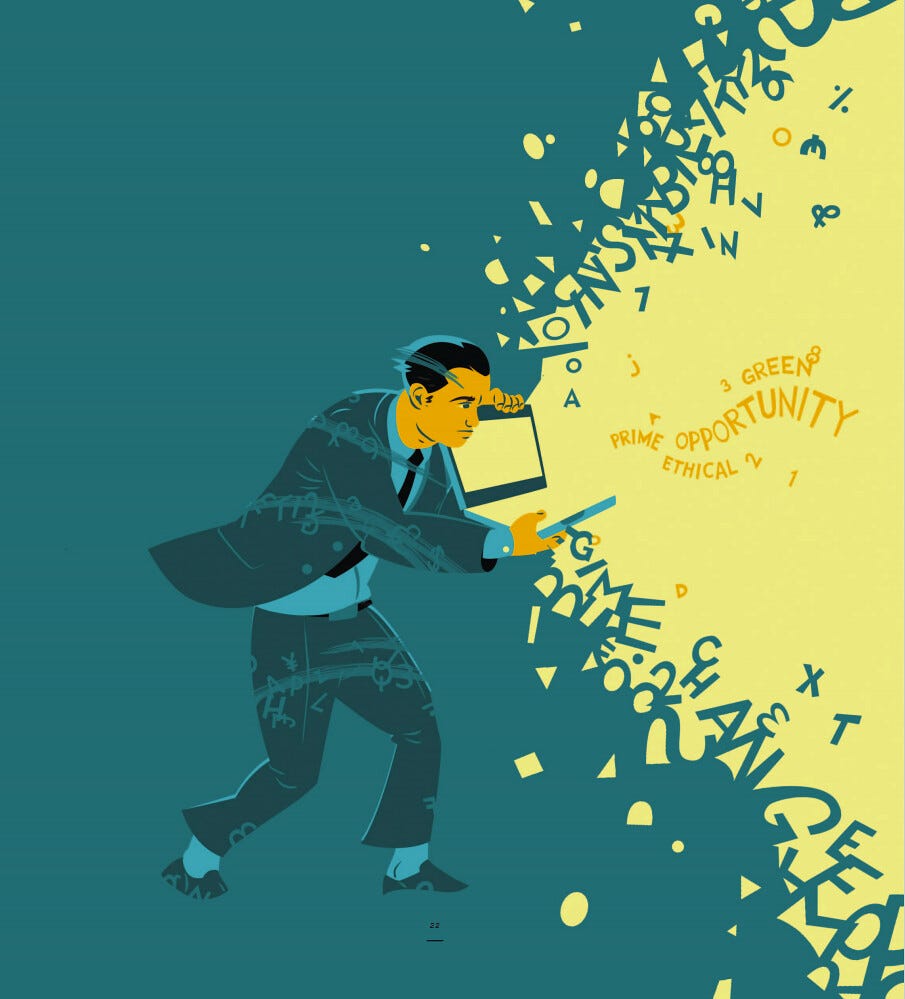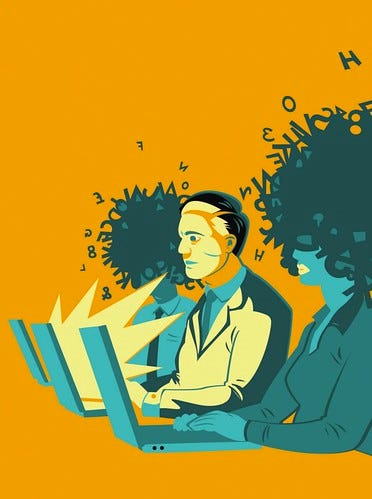Blockchain use cases on the horizon
August 24, 2020
It’s not as obvious as you’d think

The blockchain industry is expected to grow by nearly 60% year over year for the next couple of years[1].
A lot of people have some misconceptions about blockchain as being an obscure data storage tool that fills a very niche role in the finance industry. It’s unfortunate as that couldn’t be farther from the truth, so let’s take the time to do a quick overview of how blockchain is being used where you wouldn’t expect, and why it’s a big deal.
From a developer perspective, a lot of the time, when we think about blockchain, we think about crypto and maybe data storage tools. A more accurate way to think about this is that blockchain enables two parties to trust each other in areas they couldn’t before.
Fintech

The elephant in the industry is fintech, but there are still some examples that would surprise you.
The government of Dubai recently announced late last year that they would issue government sukuk bonds certified with blockchains[2].
The federal reserve selected IBM not too long ago to build a blockchain-based payment system[3].
Now computable trust is intuitive in these examples, but let’s look at some other ones.
Healthcare
Gem is taking blockchain to the problem of tracking diseases with the CDC.
Blockchain enables two parties to trust each other in areas where they couldn’t before.
Games
Dapper Labs brought blockchain to the masses by creating some of the first viral blockchain games. (Shout out to CryptoKitties and Cheese Wizards!) These games use blockchains to create features and game elements that are utterly unique to specific players that replicate the uniqueness we have in the real world as different players from diverse backgrounds. There are even blockchain-based game consoles available for people who want to play Settlers of Catan.

Collectibles
There’s also the collectibles market, which is an entirely different space where blockchains that can solely verify and trace back ownership of certain assets.
For example, I highly recommend these fantastic Dr. Suess blockchain collectibles.
A more robust case would be Verisart using blockchains to track property ownership of classic and historical pieces of art.
Insurance
Insurance is widely perceived to be a wholly automate-able industry in the near future[4].
Insurance startups like Factom enable highly specialized insurance plans that have fully automated claims processes. Black insurance is doing crowdfunding insurance models. Lemonade uses machine learning, and behavioral economics to inform renters and homeowners insurance. VouchForMe actually uses a blockchain with community-based insurance approval.
Voting
FollowMyVote is creating secure blockchain-based voting systems. Democracy.earth is an open-source tool for creating transparent governing systems.
Innovative Business Models
I think the thing to be most excited about in this space is actually the work being done to manipulate blockchain to change financial incentive structures in established industries. Brave browser (which I’m using to write this article) uses blockchain and basic attention tokens to create different funding models for the web. Dynamis is using peer to peer funding models on the blockchain for supplemental unemployment insurance.
Some final thoughts
All of these example applications hopefully can serve as some inspiration to you, as you could use an open-source framework like Corda to build out all of those use-cases and a thousand others. If you’re thinking of starting a blockchain startup, now is probably a good time to do it.
Venture investment in blockchain startups was up by 280% in 2018, with almost 4 billion dollars allocated[5]. Worldwide, blockchain spending is expected to grow to 15.9 billion by 2023[6].
Policymakers are also thinking about blockchain more than ever, with organizations like the ITIF taking blockchain seriously. House Small Business Committee just a few months ago held another hearing on blockchain technology. Congress has introduced over 30 bills on blockchain from topics ranging from taxable event amendments to financing terrorism. This is not just cheese wizards and CryptoKitties.
The widespread belief seems to be that blockchain will change the world; the economics are, as usual, more modest. But the evidence available to me seems to suggest that it’s true.
Blockchain frameworks like Corda can enable a new world. I would urge you to be a part of it.
Open Source Images: “brilliant Matt Taylor ‘data’ illustrations” by giladlotan is licensed under CC BY-NC 2.0
[1] Retrieved from https://www.grandviewresearch.com/industry-analysis/blockchain-technology-market
[2] Retrieved from https://english.alarabiya.net/en/business/technology/2019/09/25/Blockchain-to-reduce-cost-and-increase-adoption-of-sukuk-Moody-s.html
[3] Retrieved from https://www.prnewswire.com/news-releases/federal-reserve-selects-ibm-to-modernize-its-retail-payments-processing-platform-300204402.html
[4] Retrieved from Deloitte research report here: https://www2.deloitte.com/content/dam/Deloitte/us/Documents/process-and-operations/us-cons-how-robotics-and-cognitive-automation-will-transform-the-insurance-industry.pdf
[5] Retrieved from Coindesk: https://www.coindesk.com/vc-investment-in-blockchain-startups-is-up-280-so-far-this-year
[6] Retrieved from Statista: https://www.statista.com/statistics/800426/worldwide-blockchain-solutions-spending/
Want to learn more about building awesome blockchain applications on Corda? Be sure to visit https://corda.net, check out our community page to learn how to connect with other Corda developers, and sign up for one of our newsletters for the latest updates.
— David Awad is a Developer Evangelist at R3, an enterprise blockchain software firm working with a global ecosystem of more than 350 participants across multiple industries from both the private and public sectors to develop on Corda, its open-source blockchain platform, and Corda Enterprise, a commercial version of Corda for enterprise usage.